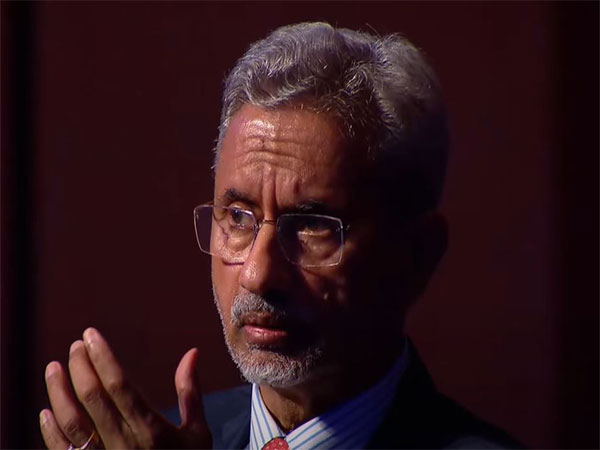India and China: Navigating Through De-escalation and Disengagement
In Canberra, External Affairs Minister S Jaishankar announced that India and China have completed troop disengagement along the Line of Actual Control (LAC) in Eastern Ladakh. The focus now shifts to de-escalation. He emphasized the historical impact of LAC tensions on bilateral ties and the need for strategic diplomacy moving forward.

- Country:
- Australia
External Affairs Minister S Jaishankar has declared the "disengagement chapter" with China over troop deployments in Eastern Ladakh complete. However, he explained that de-escalation remains a priority issue for both nations to resolve. The minister made these comments at the opening session of 'Raisina Down Under' in Canberra, Australia.
Jaishankar highlighted how peace along the Line of Actual Control (LAC) has always been viewed as critical for broader India-China cooperation. The tensions along the LAC have significantly affected bilateral relations, he noted. "The disengagement has been accomplished, yet de-escalation involving forces along the LAC is pending," he said, underlining the deeply impacted ties due to disrupted peace.
The focus since the summer of 2020 has been on separating the Indian and Chinese troops. Recent agreements addressed patrolling areas where troops have been worryingly stationed since 2020. The October 21 agreement marked the culmination of disengagement efforts, allowing both sides to resume normal operations and patrols.
Jaishankar also noted that resolving India-China issues is a gradual process. Future meetings between the nations' Foreign Ministers and National Security Advisors aim at normalizing relations, as decided by Prime Minister Narendra Modi and Chinese President Xi Jinping during a BRICS summit.
The minister called for a constructive approach to manage the complexities in India-China relations, which encompass disputed borders and intersecting global ambitions. Highlighting the challenge, he mentioned, "Both nations must think and manage these complexities to establish equilibrium in border areas and in broader policy interactions."
(With inputs from agencies.)
ALSO READ
Strategic Talks: Jaishankar and Sullivan Discuss Global Developments
Announcement on disengagement between India, China in eastern Ladakh falls far short of India's goal of restoring April 2020 status quo: CWC.
CWC terms announcement on disengagement between India, China as nation's biggest territorial setback in decades.
Indian Markets Close Flat Amid Lack of Major Triggers and Year-End Optimism
Strengthening Ties: Jaishankar Meets Blinken as Biden Era Ends










